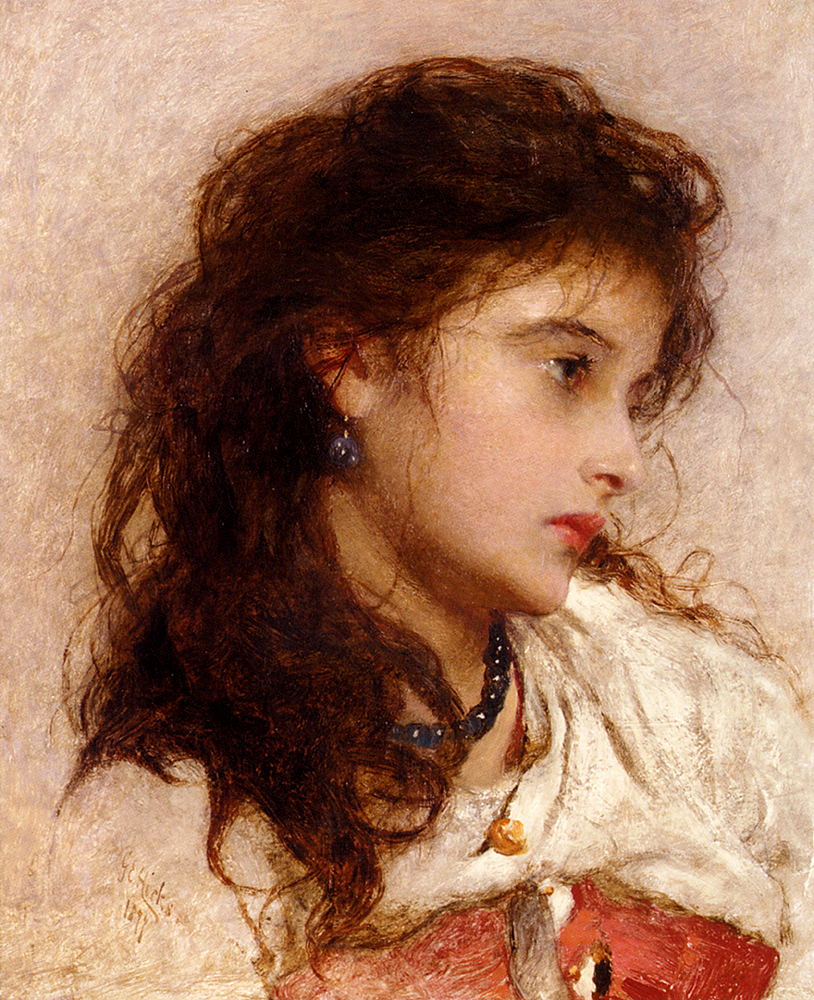Here is another excellent novel by the prolific and talented Walford (see Novel 018), with an unconventional heroine and several other complex characters.
“The heroine is a charming creation, and as original as she is charming. . . . The characters are drawn with Mrs. Walford’s well-known skill, and there is many a touch in her delineation of the heroine that could only have been given by an accomplished novelist who has...the sympathetic imagination of a true artist.” Athenaeum, August 23, 1884
“There must be something deficient in the mind of any person who does not find it full of humour and vivacity varied by true pathos, and also by distinct traces of tragic power.” Spectator, August 23, 1884
“This is one of the most fresh and delightful stories recently published in English literature. . . . The book has humor and vivacity, with pathos and enough tragedy to relieve its lighter portions. The narrative is quiet and not very eventful, but it has the charm of flowing logically out of the clash and collision of character.” Eclectic Magazine, October, 1884
“To buoyant spirits and a fresh imagination the author unites a piquancy of style which is fairly irresistible. Her characters are life-like yet unhackneyed, she has an artistic grasp of plot, and excels in her conversations, which are thoroughly natural, spontaneous, and flowing.” Dublin Review, April 1885
Download this week’s novel:
v.1 https://archive.org/details/babysgrandmother01walf
v.2 https://archive.org/details/babysgrandmother02walf
v.3 https://archive.org/details/babysgrandmother03walf



























